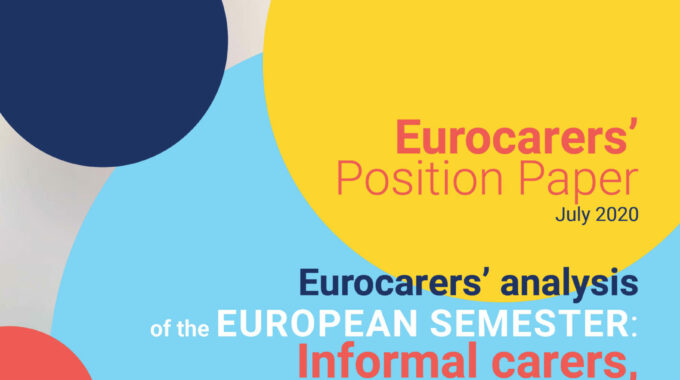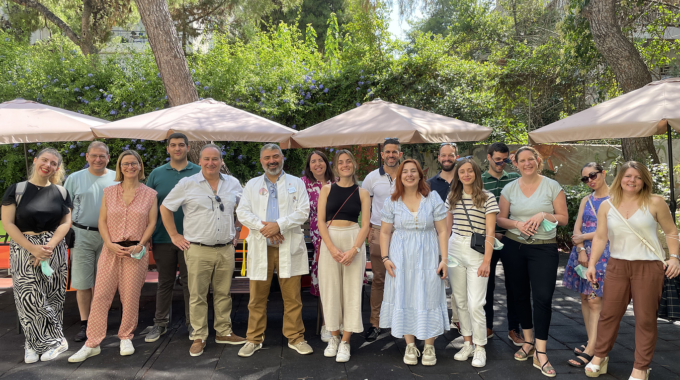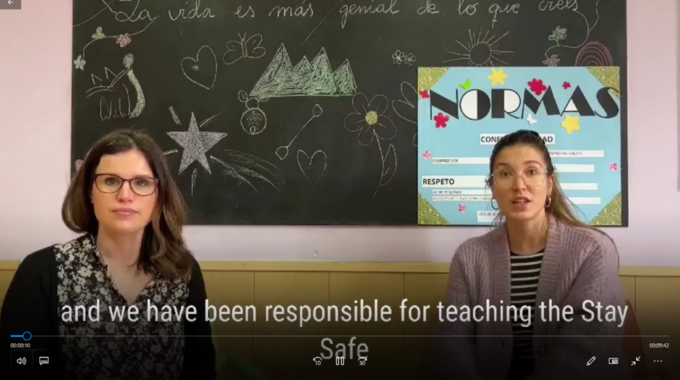
Eurocarers’ analysis of the 2020 European Semester is out!
Informal carers, left aside again?
Informal carers play a central role in the provision of long-term care in Europe. Yet, despite the heavy price they often pay in their own health and economic status, they remain in the blind spot of policy analyses. The outburst of the COVID-19 pandemic has dramatically exacerbated the challenges they face and many had to manage complex care situations in a context of restricted health and social care services, acute isolation and constant worry for the health of their relative as well as their own. Still, they only received very limited attention or targeted support during the crisis.
Beyond informal carers’ situation, the pandemic has shed light on the shortcomings of our health, social and LTC systems, of which informal care is a key component. Our systems are at a crossroads; transformative positive change can only be achieved if member states commit to implement long-awaited reforms, building on a dialogue with all stakeholders, including informal carers. In order to ensure the sustainability of our care systems, achieve gender equality and respect for the human rights of vulnerable people, our approach to care needs a rethinking. The pressing need to adjust the way we value and organise care – and informal care in particular – in Europe has served as a red thread in our analysis of the 2020 European Semester.
Our analysis builds on a systematic review of the content of the Country Reports and Country Specific Recommendations, as well as on contributions from Eurocarers’ members from 7 countries ( BE, DK, EE, FI, IT, PT, SP).
Read our analysis here: Eurocarers’ Analysis of the EU Semester 2020
Eurocarers also presented in a comprehensive template the content of the Semester documents that is relevant for informal carers in each member state. See: EU Semester: What is in it for carers? 2020 review of the Country Reports and Country Specific Recommendations





